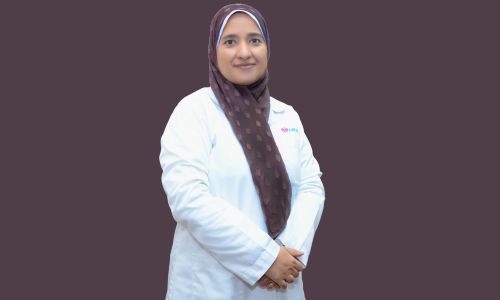Breastfeeding is a crucial aspect of infant health, but there are certain situations where it may need to be avoided to ensure the well-being of both the mother and the baby. Dr. Shahenaz Hanafi Hassan, a Specialist Pediatrician at Middle East Hospital, offers valuable advice on when breastfeeding should be avoided. According to Dr. Shahenaz, breastfeeding should be avoided if the infant has classic galactosemia, a condition where the baby cannot properly metabolize galactose. Mothers with HIV should also refrain from breastfeeding if they are not on antiretroviral therapy (ART) or if they have not achieved sustained viral suppression during pregnancy.
In addition to classic galactosemia and HIV, there are other situations where breastfeeding should be avoided. Mothers infected with human T-cell lymphotropic virus type I or II, those using illicit drugs such as opioids, PCP, or cocaine, and those with suspected or confirmed Ebola virus disease should not breastfeed. Similarly, mothers with untreated brucellosis, those taking certain medications or undergoing diagnostic imaging with radiopharmaceuticals, and those with an active herpes simplex virus infection with lesions on the breast should also temporarily avoid breastfeeding.
For mothers who need to avoid breastfeeding temporarily but can provide expressed milk, there are certain guidelines to follow. Mothers with untreated, active tuberculosis should resume breastfeeding only after completing appropriate treatment for at least two weeks and confirming they are no longer contagious. This ensures the safety of both the mother and the baby while still providing the benefits of breast milk.
Dr. Shahenaz emphasizes the importance of following these guidelines to ensure the health and safety of both mother and baby. By avoiding breastfeeding in certain situations, such as in the case of certain infections or diseases, mothers can protect their infants from potential harm. It is crucial for mothers to be aware of these situations and take the necessary precautions to ensure the well-being of their child.
It is important for mothers to be informed about when breastfeeding should be avoided to protect the health of both themselves and their babies. Dr. Shahenaz’s advice provides valuable insight into the situations where breastfeeding should be temporarily avoided. By following these guidelines, mothers can ensure the safety of their infants while still providing the nutrients and benefits of breast milk through alternative methods. Taking the necessary precautions can help prevent potential harm and ensure the well-being of both mother and baby.
In conclusion, breastfeeding is a vital aspect of infant health, but there are certain situations where it may need to be avoided. Dr. Shahenaz’s advice on when breastfeeding should be avoided provides important guidance for mothers to protect the health and safety of both themselves and their babies. By following these guidelines and taking the necessary precautions, mothers can ensure the well-being of their infants while still providing the nutrients and benefits of breast milk. It is important for mothers to be informed about these situations and to follow the appropriate steps to protect their child from harm.










